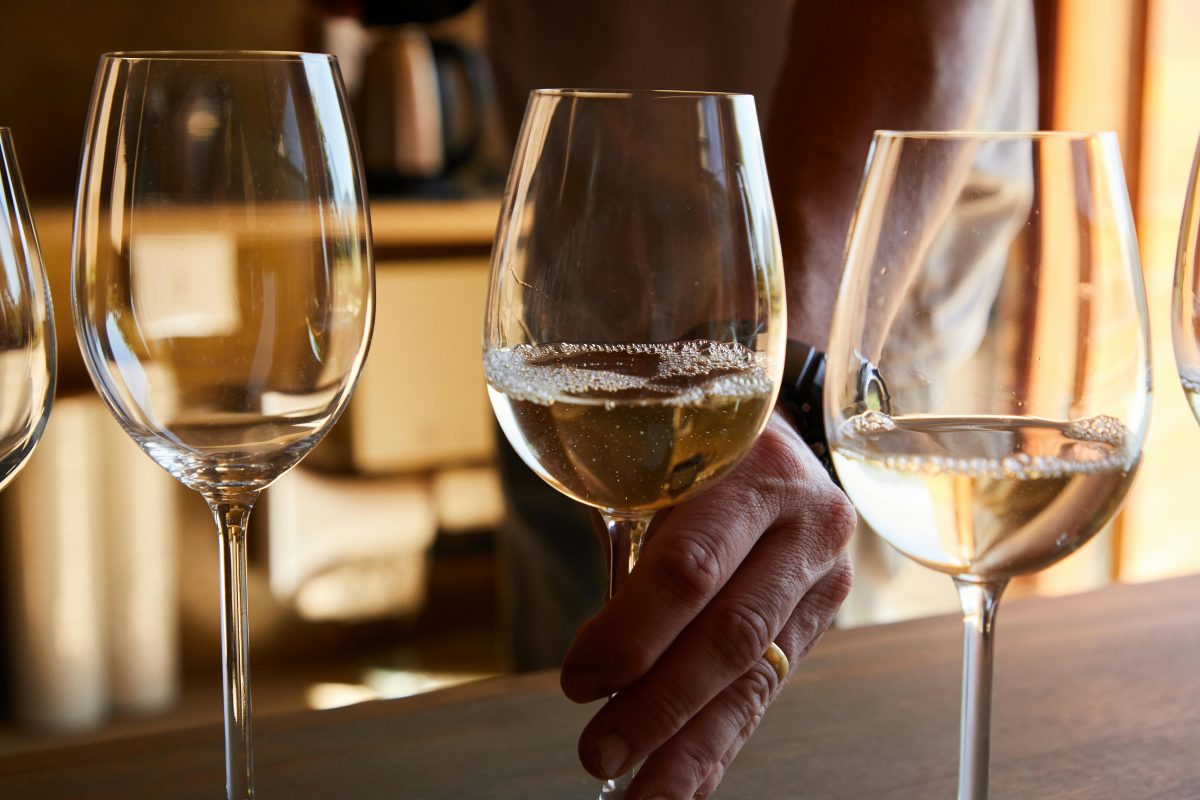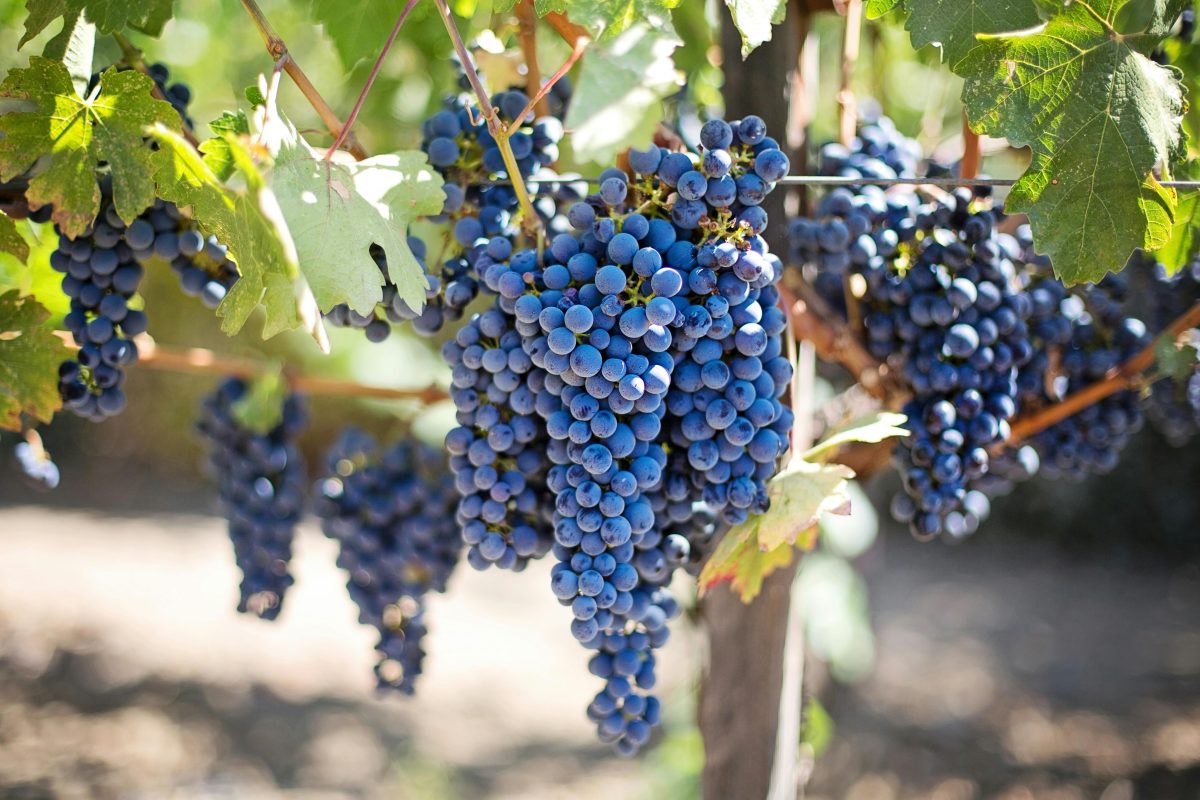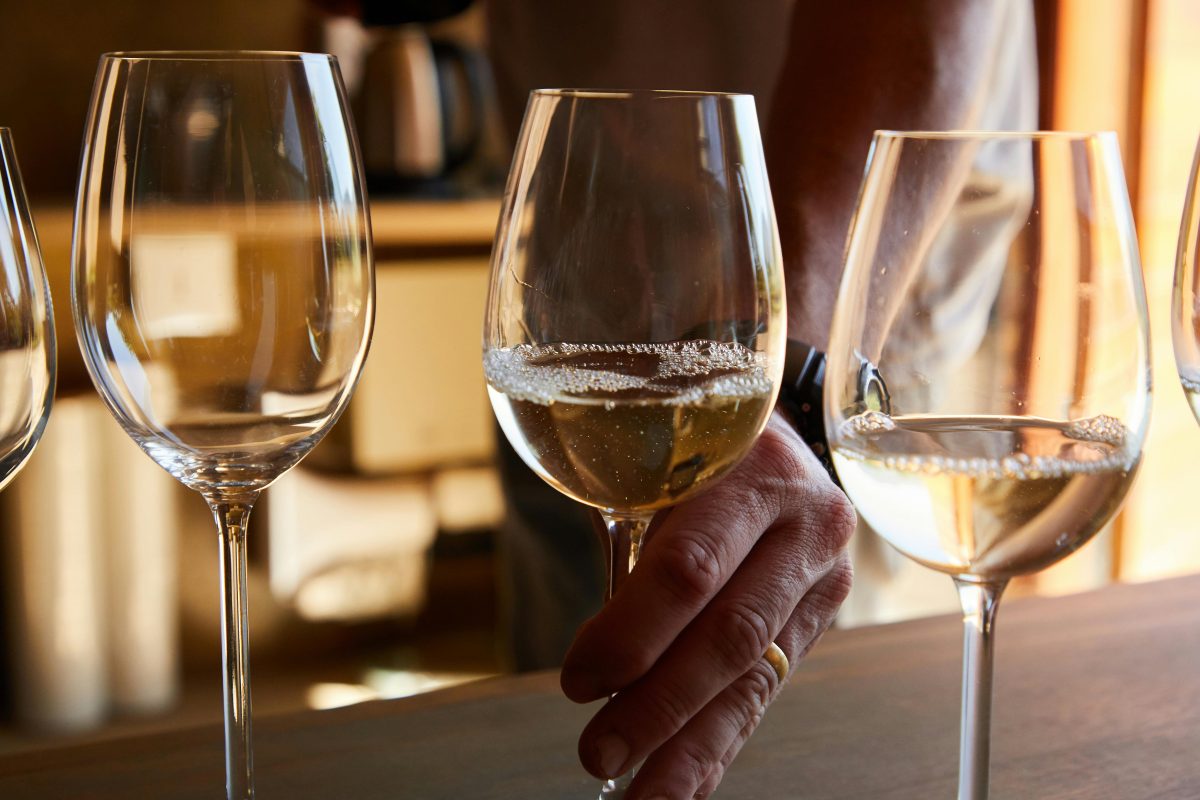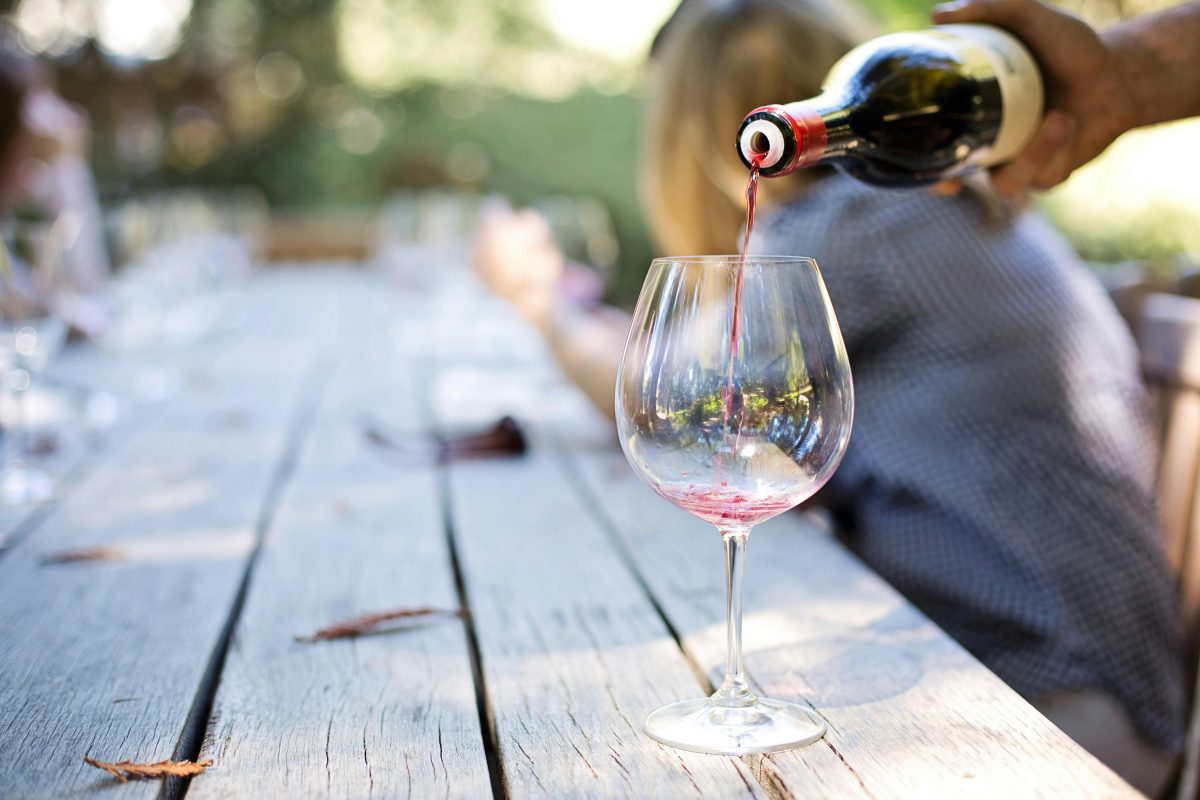The South African wine industry begins 2025 with cautious optimism, according to leading distributor Vinimark’s first-quarter Market Review. This follows a challenging 2024 that saw fourth-quarter volumes drop to 9.5 million litres, down 11% from 2018’s 10.6 million litres. Despite these headwinds, the industry demonstrates remarkable resilience and adaptability in responding to changing market dynamics.
Oelof Weideman, Head of Insights & Business Advisory at Vinimark, provides context for the current landscape: ‘December 2024’s sales of R1.4 billion fell short of December 2023, even with roughly 5% inflation.
With 49% of consumers planning to reduce out-of-home dining, the on-trade sector faces particular challenges. Yet evidence suggests that whilst visit frequency may decrease, consumers are more likely to invest in premium experiences when they do dine out, presenting opportunities for sophisticated wine programmes and innovative brand experiences. The emergence of sparkling wine in a can as a growth category points to evolving consumer preferences and drinking occasions.

The premium segment demonstrates noteworthy resilience, with wines above R200 showing 6% year-on-year growth. However, Weideman cautions against oversimplified interpretations: ‘This isn’t traditional premiumisation. Rather, it reflects economic stratification, with affluent consumers maintaining premium purchases whilst the crucial sub-R80 segment faces a concerning 5.6% decline.’
Varietal performance provides valuable insights for industry professionals. Chenin Blanc leads with 1.6% growth, followed by Chardonnay at 0.9%. Since 2018, 150 new Chenin Blanc labels have entered the market, and at an average price of R94 for the new products, it is elevating the category’s average price of R77. Nevertheless, the review sounds a note of caution regarding market saturation, particularly in categories like Shiraz, where 425 SKUs average only R400,000 annually per SKU at retail level.
Riaan Rautenbach, Sales Director at Vinimark, emphasises the importance of retail fundamentals:
‘Consumer behaviour is evolving, with loyalty programmes emerging as the primary strategy for managing expenses. This presents a clear opportunity for brands to work more closely with retail partners in developing targeted, value-driven programmes.’
The review offers crucial insights into promotional effectiveness. Analysis reveals that ‘clean promotions’ – defined as shorter periods with deeper price cuts and with more than a few weeks between promotions – achieve 42% higher uplift compared to extended promotional periods. A case study from the review demonstrates this: when a R200+ wine offered a deeper discount for a shorter period rather than multiple smaller discounts over six weeks, it achieved significantly better results.

However, Weideman emphasises the delicate balance required:
‘Whilst small discounts of 6-7% rarely drive meaningful category growth, we must be equally cautious about excessive discounting that risks devaluing our brands. The goal is to create genuine buying opportunities for new consumers to try the brand that still maintains brand integrity.’
For retailers, each new product listing must demonstrate clear category value beyond simply adding to shelf complexity. For producers, this emphasises the importance of distinctive positioning and strong brand building rather than mere product proliferation. Changes in consumer spending patterns suggest opportunities for innovative packaging solutions and alternative serve formats.
Other exciting opportunities for 2025 include a focus on Pinotage. Says Helen Kock, Brand Portfolio Director at Vinimark:
‘This year marks a historic milestone with Pinotage’s centenary celebration. As South Africa’s signature variety reaches its hundredth year, we have an unprecedented opportunity to showcase our winemaking heritage and innovation on the global stage, particularly through platforms like the Paris Expo and Cape Wine.’
While 2024 presented its share of challenges, the industry’s innovative response and strategic adaptation demonstrate its fundamental strength. ‘With consumer confidence at its highest level since 2019, our focus on retail fundamentals and the exciting milestones ahead, 2025 holds remarkable potential,’ concludes Rautenbach.
Success will come to those who balance strategic pricing with brand building, embrace changing consumer behaviours and contribute to sustainable category growth. The South African wine industry has consistently shown its resilience and ability to innovate – qualities that position us well for the opportunities that lie ahead.
Find out more about Vinimark by visiting www.vinimark.co.za

















